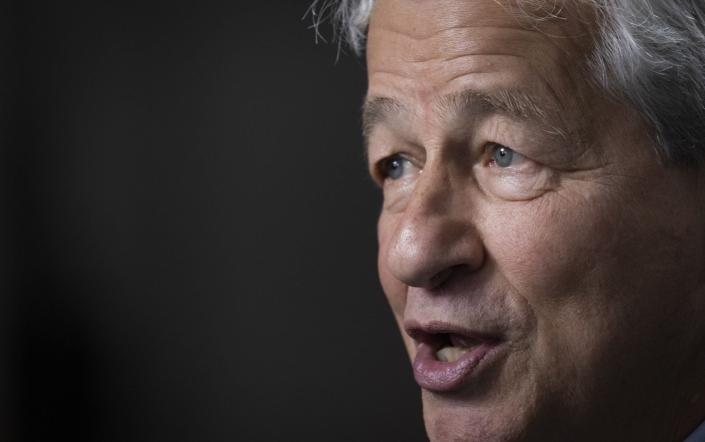'Everything is on the table' if prices don't come down following Rogers-Shaw acquisition: Champagne
, BNN Bloomberg
Industry Minister François-Philippe Champagne said the publicly available conditions that allowed Rogers Communications Inc. to acquire Shaw Communications Inc. give Canadians a seat at the negotiation table.
“For the first time, I think in Canadian telecom history is that now you have a contract with Canadians, these companies are liable to Canadians with 21 conditions [and] huge penalties. I think [this is] unprecedented in Canadian history,” Champagne said in an interview with BNN Bloomberg Tuesday.
“All of that was driven with one objective and one objective alone, to bring down prices in Canada.”
On Monday, Rogers announced that the deal had been closed.
In a news conference in Ottawa last Friday, Champagne announced regulators would allow the acquisition to go through. The announcement capped off a two-year process that began in March of 2021 when the companies agreed Rogers would purchase Shaw for $20 billion.
Champagne’s approval of the deal was based on the condition of Shaw selling its Freedom Mobile wireless business to Quebecor Inc.’s Videotron. In June 2022, Rogers and Shaw agreed to the $2.85 billion sale of Freedom Mobile, which was finalized Monday.
“What Videotron brought to the table is that ability to push prices down across Canada. The only objective I have is to make sure that we do that…but I wanted a contract,” Champagne told BNN Bloomberg.
“What we have seen, [the] evidence is there, prices in Quebec are 20 per cent lower than in the rest of Canada,” Champagne said.
In total, Champagne outlined 21 conditions that Rogers and Videotron would have to abide by. He said that if he does not see prices coming down, he will seek more power from Parliament.
“In Canada, in our context, you need a strong fourth national player. So these conditions, which you find in these agreements which we made public is to drive that,” Champagne said.
Regarding the prospect of bringing foreign competition into Canada’s telecommunications market, Champagne said that if he does not see prices moving downward “everything is on the table” and he thinks the “message is being heard.”
Some of the conditions applying to Rogers included a series of connectivity investments that the telecommunications company could be fined up to $1 billion for violating.
This included Rogers creating 3,000 jobs in Western Canada and maintaining the positions for a minimum of 10 years while establishing a Western headquarters in Calgary that must be open for the same time period.
Other conditions for Rogers included allocating $1 billion to increase broadband internet access and 5G mobile connectivity in places it is not available, investing $2.5 billion to enhance 5G in Western Canada and investing $3 billion in network expansion initiatives.
Champagne also said last Friday that Rogers and Videotron entered into a network-access agreement, intended to help Videotron expand and compete.
Some of the conditions for Videotron, outlined by Champagne, included that it offer plans similar to those available now in Quebec as well as offering plans at least 20 per cent cheaper than existing plans from major providers. Additionally that Videotron keeps its Freedom Mobile licenses for at least 10 years.
Pierre Karl Péladeau, Quebecor’s president and chief executive officer, said in an interview with BNN Bloomberg Tuesday that the company will focus on gaining market share.
“We're certainly going to be very aggressive, taking place and providing innovative products, better pricing, customer service and what is necessary to gain market share,” he said.
“Our historical footprint for the last 15 years is much smaller than the one that we’re now looking for.”
Rogers Chief Executive Officer Tony Staffieri said in an interview that his company’s acquisition of Shaw took “longer than we would have expected.”
Now, Staffieri said the company will work toward integrating the networks of both companies while eliminating around $1 billion in costs.
“So it’s going to be about, how do we keep this simple and focused on the things that are going to matter most?” he said.
“The sheer size always introduces complexity.”



